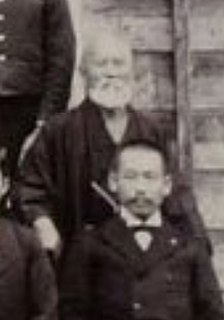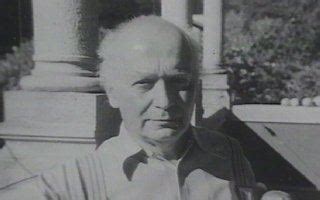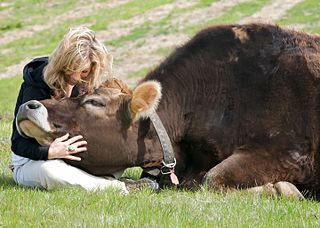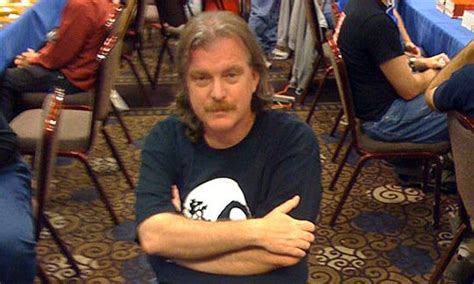A Quote by Emma Goldman
John Burroughs has stated that experimental study of animals in captivity is absolutely useless. Their character, their habits, their appetites undergo a complete transformation when torn from their soil in field and forest. With human nature caged in a narrow space, whipped daily into submission, how can we speak of its potentialities?
Related Quotes
The greater the mental charlatan, the more definite his insistence on the wickedness and weaknesses of human nature. Yet how can anyone speak of it today, with every soul in a prison, with every heart fettered, wounded, and maimed?... With human nature caged in a narrow space, whipped daily into submission, how can we speak of its potentialities?
Study the behavior of animals and you will understand human psychology and sociology. Study a flower excited under sunlight, and you will understand how all living things respond to light. The Almighty has provided everything in nature. Observe nature and you will grow. The cures of all illnesses are found in nature in the shapes of the body parts they were created to cure.
If in the human economy, a squash in the field is worth more than a bushel of soil, that does not mean that food is more valuable than soil; it means simply that we do not know how to value the soil. In its complexity and its potential longevity, the soil exceeds our comprehension; we do not know how to place a just market value on it, and we will never learn how. Its value is inestimable; we must value it, beyond whatever price we put on it, by respecting it.
Karate cannot be adequately learned in a short space of time. Like a torpid bull, regardless of how slowly it moves, it will eventually cover a thousand miles. So too, for one who resolves to study Karate diligently two or three hours every day. After three or four years of unremitting effort one's body will undergo a great transformation revealing the very essence of Karate.
It was wrong to capture wild animals and confine them in captivity for people to go and gawk at them. And that's basically how zoos got started. But once you do that, and once you have animals that have been bred in captivity, you're really stuck with them in some sense. You can't return them to the wild.
It must be stressed that there is nothing insulting about looking at people as animals. We are animals, after all. Homo sapiens is a species of primate, a biological phenomenon dominated by biological rules, like any other species. Human nature is no more than one particular kind of animal nature. Agreed, the human species is an extraordinary animal; but all other species are also extraordinary animals, each in their own way, and the scientific man-watcher can bring many fresh insights to the study of human affairs if he can retain this basic attitude of evolutionary humility.
Many things that human words have upset are set at rest again by the
silence of animals. Animals move through the world like a caravan of
silence. A whole world, that of nature and that of animals, is filled
with silence. Nature and animals seem like protuberances of silence.
The silence of animals and the silence of nature would not be so great
and noble if it were merely a failure of language to materialize.
Silence has been entrusted to the animals and to nature as something
created for its own sake.
When humans act like animals, they become the most dangerous of animals to themselves and other humans, and this is because of another critical difference between humans and animals: Whereas animals are usually restrained by the limits of physical appetites, humans have mental appetites that can be far more gross and capacious than physical ones. Only humans squander and hoard, murder and pillage because of notions.
It is not how we breed, keep and kill animals for human consumption that has been the impetus for vegetarianism for thousands of years. It is that we breed, keep and kill animals for human consumption. Throughout the centuries the common thread in the arguments against eating animals is the fact that since we have no nutritional requirement for the flesh or fluids of animals, killing them to simply satisfy our taste-buds or habits or customs amounts to senseless slaughter, and senseless slaughter is no small thing.
For generations, field guides to plants and animals have sharpened the pleasure of seeing by opening our minds to understanding. Now John Adam has filled a gap in that venerable genre with his painstaking but simple mathematical descriptions of familiar, mundane physical phenomena. This is nothing less than a mathematical field guide to inanimate nature.
Since zombies are not fully dead, they upset the essential balance of nature: no animals eat zombies, apparently, and zombies do not seem to decay, at least, not to the point of disintegration and reintegration back into the soil, so the food chain, or the circle of life, seems to end or be short-circuited by their existence. Zombies fulfill the worst potentialities of humans to create a hellish kingdom on earth of endless, sterile repetition and boredom.



































